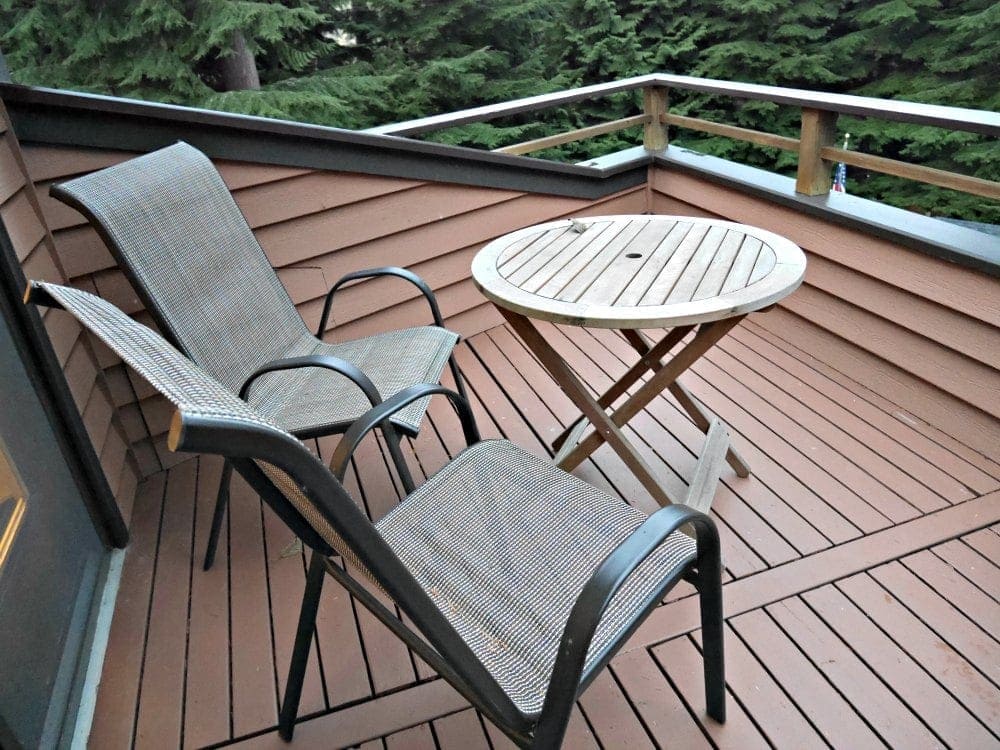Food expenses are a major budget consideration when planning your vacation, and while you can’t eliminate the expense, there are lots of things you can do to keep it as low as possible. Here are some ideas to keep in mind:
Book accommodations that have a kitchen. Whether it’s staying at a condo, an extended-stay property, or maybe just a room with a coffee maker and refrigerator, these will all presents ways to help you save on food expenses. With a full kitchen you can stock up on supplies so that you’re not dining out for every meal, while still keeping in mind that no one should have to cook every meal of every day – that’s not much of a vacation for the cook. Even if you don’t have a full kitchen, stocking up on some cereal, milk, juice, coffee, and other snacks can help pare down this expense by many dollars each day.
Buy food at the local farmers’ market. Many cities have these, and shopping there will give you a chance to mingle with the locals in addition to getting some fresh food. Pick up bread and sandwich fixings for the room and pack yourself a picnic. Try a local delicacy in a small quantity instead of spending big bucks to try it in a restaurant. If there’s no farmers’ market, find a local supermarket. Picking up some snacks to throw in your purse or a backpack will keep you from overspending while you’re sightseeing.
If you can’t get accommodations with a kitchen, look for a hotel that offers free breakfasts and/or afternoon or evening happy hours. Eliminating breakfast can be a big savings, especially if you’re traveling with a family. Even if it’s not a full cook-to-order meal, grabbing cereal, fruit, juice and coffee will give you some nourishment to face a full day of vacation activities. Many hotels are offering complimentary “manager receptions” with reduced or free alcoholic beverages and light appetizers. If you’ve got plans for the evening, this can be a way to get something light to eat, along with a cheap cocktail, before heading out.
Get take out or delivery service. Picking up a to-go meal, or ordering in pizza, will get you fed without tempting you to overspend with all the other items on the menu. You can drink the beverages you have chilling in the refrigerator, and save even more. Ask for suggestions as the front desk, as most will be able to help give you some recommendations.
Consider the early bird specials. Many a Seinfeld joke has been made on this topic, but restaurants offer discounts to get people in before (and sometimes after) the dinner rush. Sometimes it will be a special (and often limited) menu, sometimes a 2 for 1, or maybe just a coupon for dollars off, but it generally represents a good value. It’s not just for seniors either! If you’ve had a hectic day, don’t pass up the chance to eat early and have a relaxing evening in your room. And save money, too!
Make lunch your main meal. Prices are usually cheaper at lunch, and you can eat somewhere fab for less.
Restaurant Happy Hours can save money on drinks and food. Happy Hour discounts very between discounts for food, drinks, or both, so you may have to do some scouting around to find the best money saving deals.
Look for kids and senior meals. Many restaurants offer special deals to these two important groups of guests, and some restaurants offer a kids eat free program. Don’t be afraid to ask for a senior or kids specials if you don’t see it listed on the menu. A restaurant may not offer a special menu, but may offer a half portion. Ask.
Consider an all-you-can-eat buffet. I’m not a fan of these type of buffets, as I rarely the food is very tasty. Still, if your short on funds and long on hunger, squeezing this into the day may give you the budget relief needed to eat well another day. And they’re usually great for families. Consider making it a lunch buffet and you’ll usually save even more.
Look for a local restaurant rather than a chain. These can be hard to find sometimes, so you may need to ask at the front desk or other people you meet. Try asking where they go to eat, rather than for a recommendation. A little hole-in-the wall place that locals go to will usually be budget friendly.
Use coupons. From AAA to your hotel to those found in a newspaper or magazine, there are lots of coupons available. Use common sense though. It’s not a deal if you’re getting something that you don’t like or if you’re spending more than you normally would to use the benefit.
Have appetizers as an entree or share a meal. You’ll need to be careful here as some restaurants have a minimum person order or will charge a plate fee to split a meal. A salad and appetizer, though, can be enough if you’re not super hungry, and is a great way to check out a restaurant that you’re dying to try – and without breaking the bank.
All of these tips won’t work all of the time, and some may just not be your cup of tea. So pick and choose the ones you can use, and let me know of any others that work for you.
Photo credit: SXC


![51 Things to Do While Self-Isolating from the Corona Virus [with resources] Airplane interior](https://www.travelingwithmj.com/wp-content/uploads/2020/03/airplane-interior.jpg)


